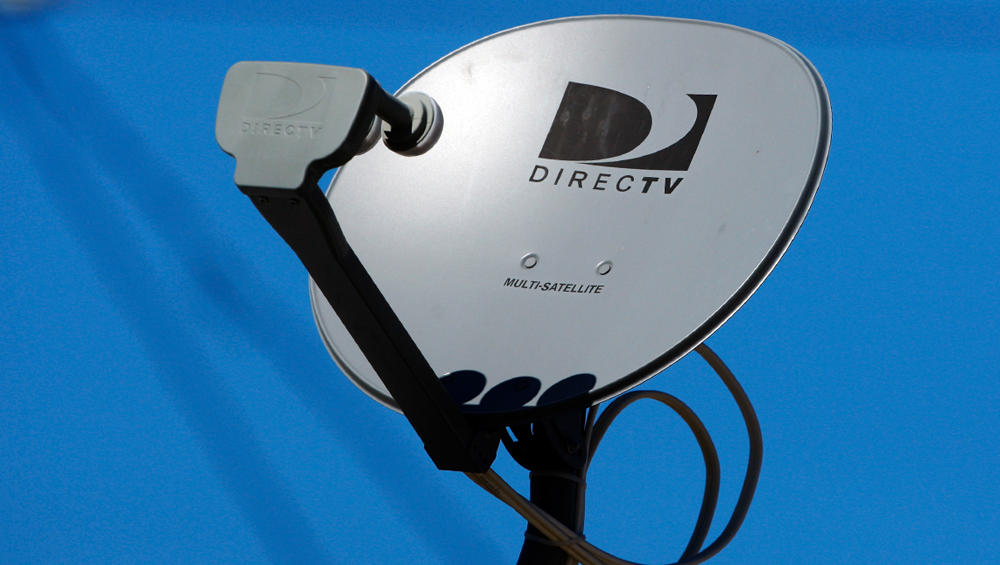
AT&T has reached a multi-year deal with Fox to allow DirecTV to offer the network’s programming in approximately 12 rural markets where the satcaster does not provide local channels.
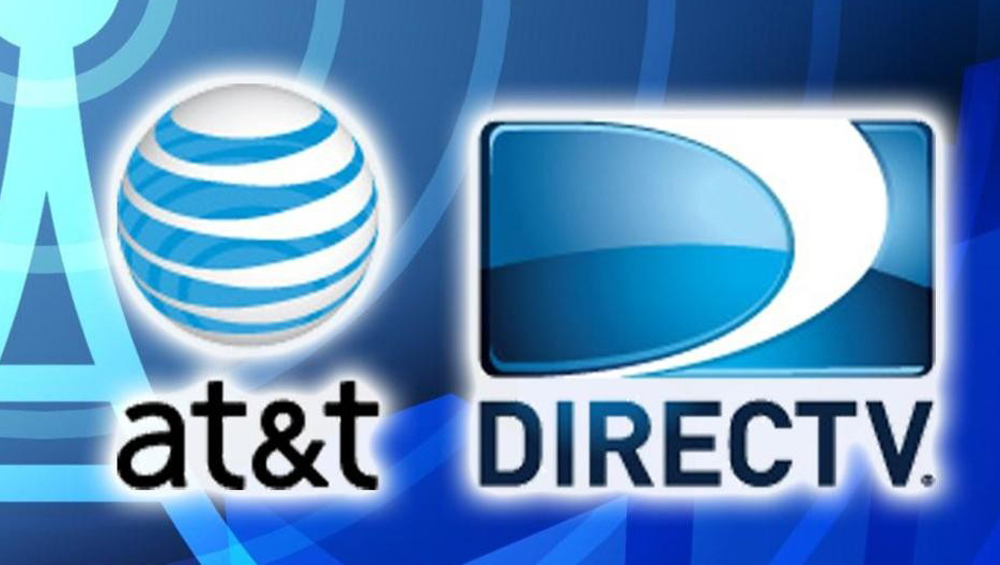
AT&T has struck a multi-year deal with Fox to continue to deliver its TV stations via DirecTV after the sunset of the blanket license. AT&T said it has been negotiating with all the networks to continue to deliver signals to truckers, RVs and others after Congress passed a bill, the Satellite Television Extension and Localism Act Reauthorization, that ended the blanket license June 1, requiring AT&T to negotiate individual deals if it wanted to continue to import distant network TV signals to markets and subs who lacked a local version.
The Price Point | NAB Won STELAR On The Ground

Broadcasters were victorious in their fight against the pay TV industry the same way they have won so many other issues, by taking their case directly to Senators and members of Congress in their home districts.
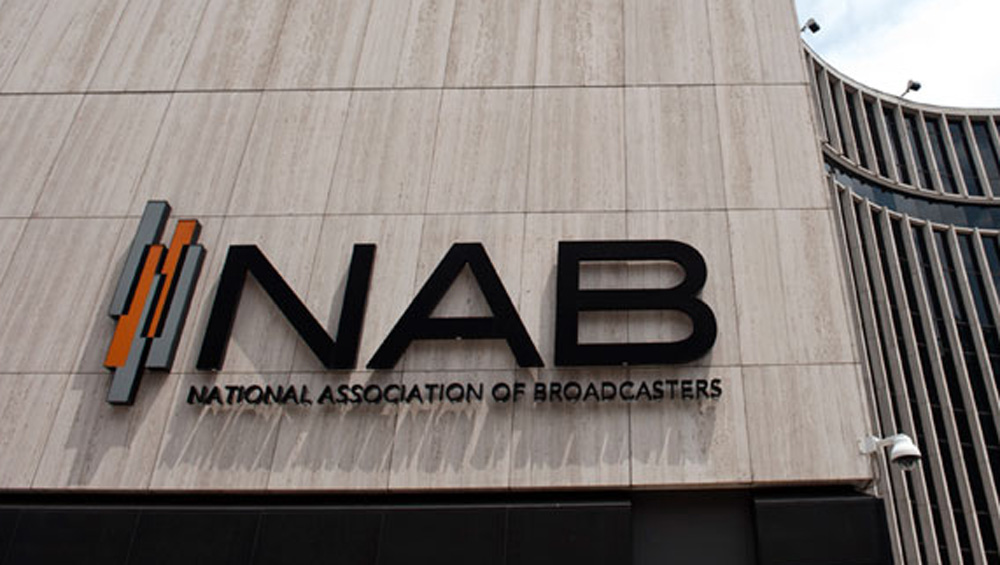
Congress is handing traditional broadcasters such as CBS and ABC a surprise victory in a contentious, multimillion-dollar TV lobbying fight by letting key parts of a 31-year-old satellite TV law die.
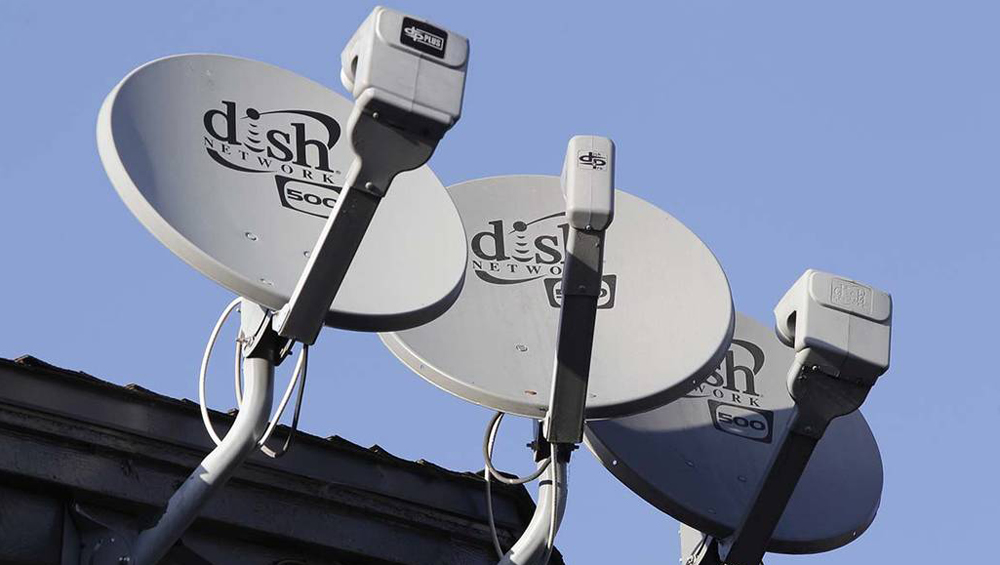
The Senate has put the STELAR retransmission consent reform vehicle on blocks, apparently for good. As expected the Senate has passed compromise bills that make the retrans good faith negotiation mandate for broadcasters and MVPDs permanent and sunsets the every-five-year renewal of the satellite distant signal compulsory license.

Bills that would end the every-five-year renewal of the satellite compulsory license passed the House Tuesday in a package of funding bills, H.R. 1865, the Further Consolidated Appropriations Act, which is expected to be passed by the Senate later this week.

A source familiar with the agreement said that there is a bicameral, bipartisan deal on House Energy & Commerce and Judiciary versions of bills that would essentially end the every-five-year STELAR reauthorization cycle, which has been a goal of the National Association of Broadcasters. STELAR’s renewal has been used as a vehicle for proposed retrans reforms NAB has opposed as unnecessary.
Clock Ticks On STELAR Reauthorization
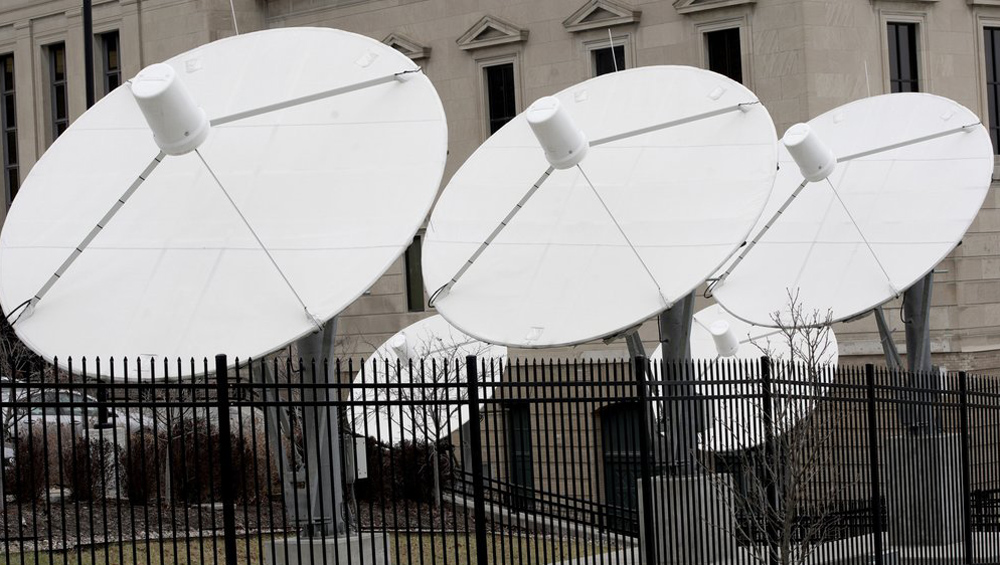
Congress is debating whether to renew the Satellite Television Extension and Localism Act, commonly referred to as STELAR, past Dec. 31, when it’s set to expire. Dr. George Ford, with the Phoenix Center for Advanced Legal & Economic Public Policy Studies, says focus is on a key question: Should broadcasters get to charge whatever retransmission fee the market will bear?

The latest shoe has dropped in the ongoing saga of STELAR reauthorization/not reauthorization, and it is a hefty wingtip in favor of broadcasters. The House Judiciary Committee on Thursday approved the Satellite Television Community Protection and Promotion Act of 2019, which would sunset most of the Sec. 119 satellite compulsory network affiliate TV station distant signal license, but make it permanent for so-called short markets and for RV’s, truckers and others on the move.

House Judiciary Committee Chairman Jerrold Nadler (D-N.Y.) has introduced yet another version of a STELAR renewal bill, the “Satellite Television Community Protection and Promotion Act (STCPP) of 2019.” There are already Senate Commerce and House Energy & Commerce versions of a bill that would renew the satellite compulsory distant signal license and the mandate that broadcasters and MVPDs negotiate carriage deals with each other in good faith.
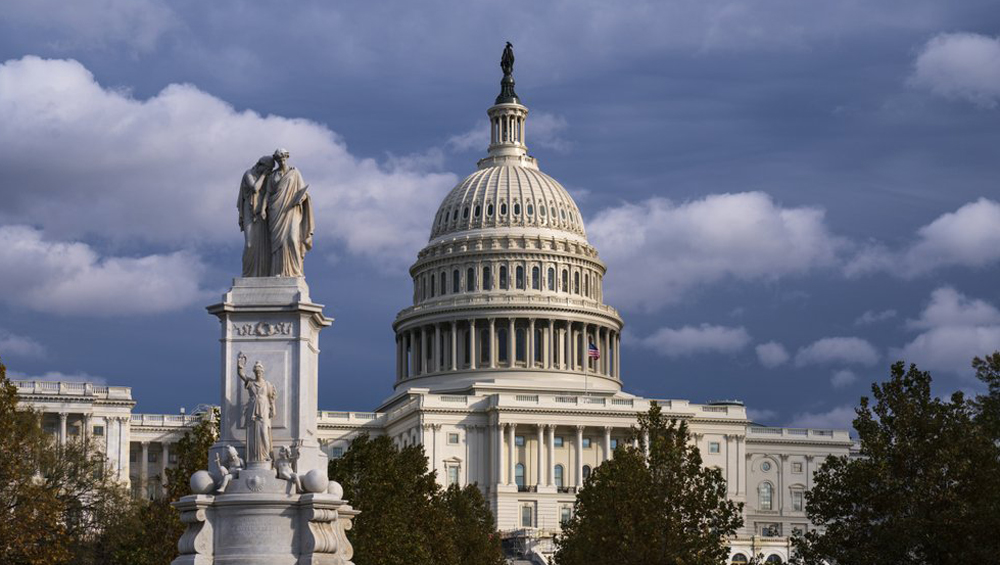
According to multiple sources, the STAR Act stellar reauthorization bill is being pulled from today’s (Nov. 13) markup in the Senate Commerce Committee. Broadcasters oppose reauthorization, while MVPDs support it.

Three of the Big Four broadcast networks have agreed to insure their viewers don’t lose access to distant signals if Congress lets the STELAR compulsory satellite license expire at year’s end, according to letters from those nets, and the fourth is about to do the same, according to a source familiar with the network’s thinking.
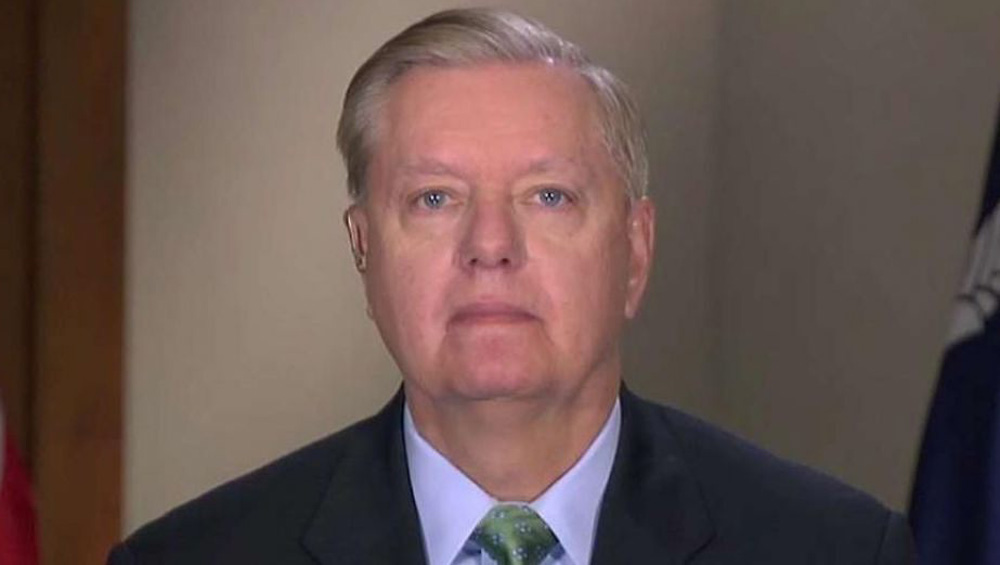
Sen. Lindsey Graham (R-S.C.), chairman of the Senate Judiciary Committee, which shares jurisdiction over the issue with Commerce, is putting a thumb on the scale for the sunset of the compulsory license that allows satellite providers to import distant network-affiliated TV signals into markets that lack them without having to negotiate individually for the license with broadcasters.
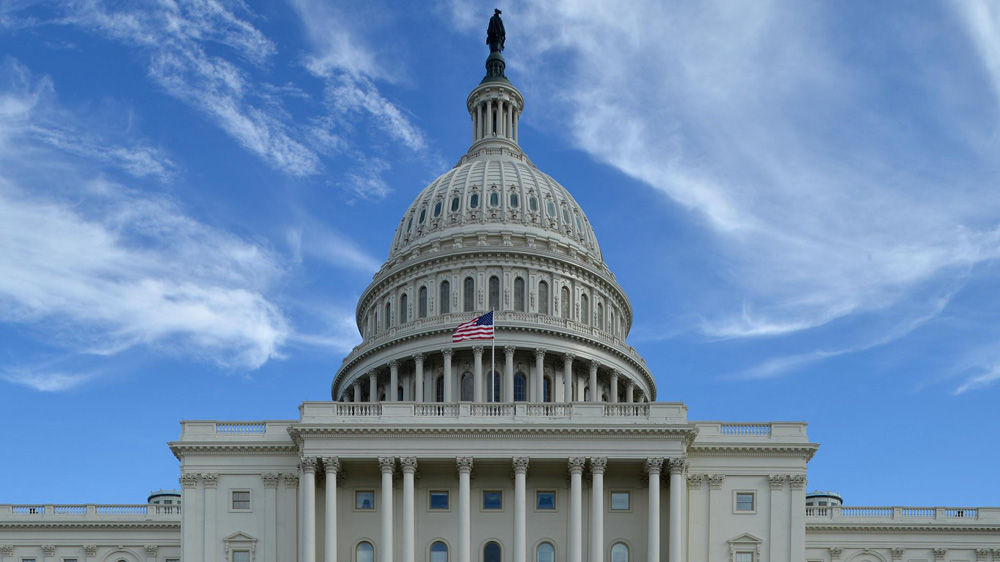
The Senate took a wide look and a deep dive into the issues surrounding STELAR renewal Wednesday in a hearing in the Senate Commerce Committee. Cable operators, who want the law renewed, had to be pleased by the first bit of info that surfaced.
Renewing STELAR Will Help Rural Americans

Patricia Jo Boyers: “Smaller pay television providers are under assault from the excessive demands of local TV stations. Congress needs to step in and support legislative reforms that curb the undue price hikes and sudden signal blackouts designed to turn consumers against their traditional pay-TV providers.”

Agricultural groups, including those representing farms with dairy cows and beef steer, have told Congress it needs to put the STELAR satellite compulsory license law “out to pasture.”
The Price Point | Archaic STELAR Must Be Allowed To Sunset

Hank Price: “Allowing STELAR to finally die a natural death at the end of this year means the free market system would return, bringing fairness along for good measure. Sunsetting STELAR means DirecTV would no longer have the right to retransmit stations without their permission.

With the clock ticking down on the renewal, or sunset, of the STELAR compulsory license, the National Association of Broadcasters bought a Facebook ad flight in key markets pushing for the license’s expiration. And while the ads have not been carrying a “political advertising” disclaimer, NAB said they would going forward.
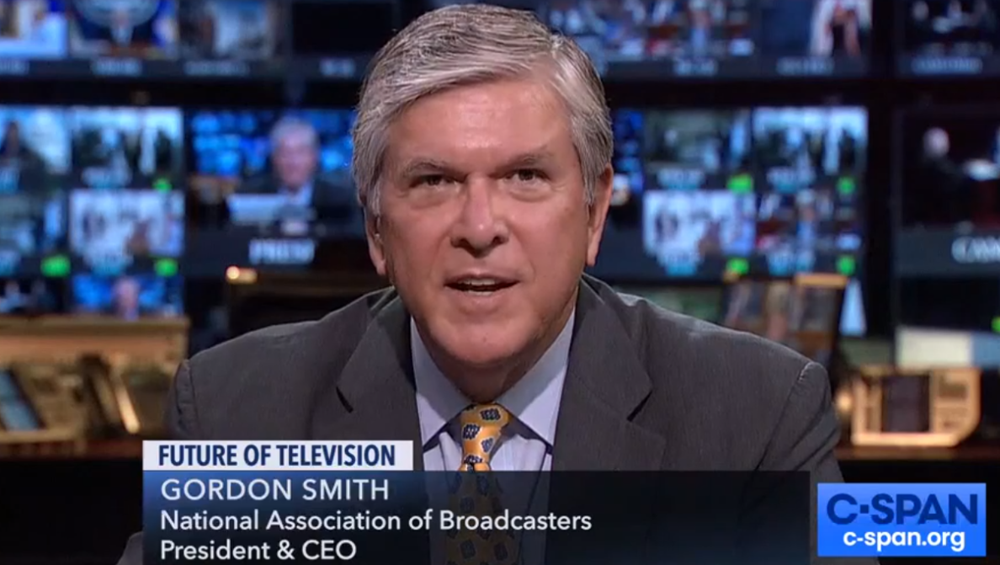
The association’s CEO Gordon Smith says: “DirecTV is doing a serious disservice to both its customers and to Congress by running these misleading messages. We urge you to reconsider … and to work with local broadcasters to ensure that all DirecTV customers receive their network programming from local TV affiliates.”
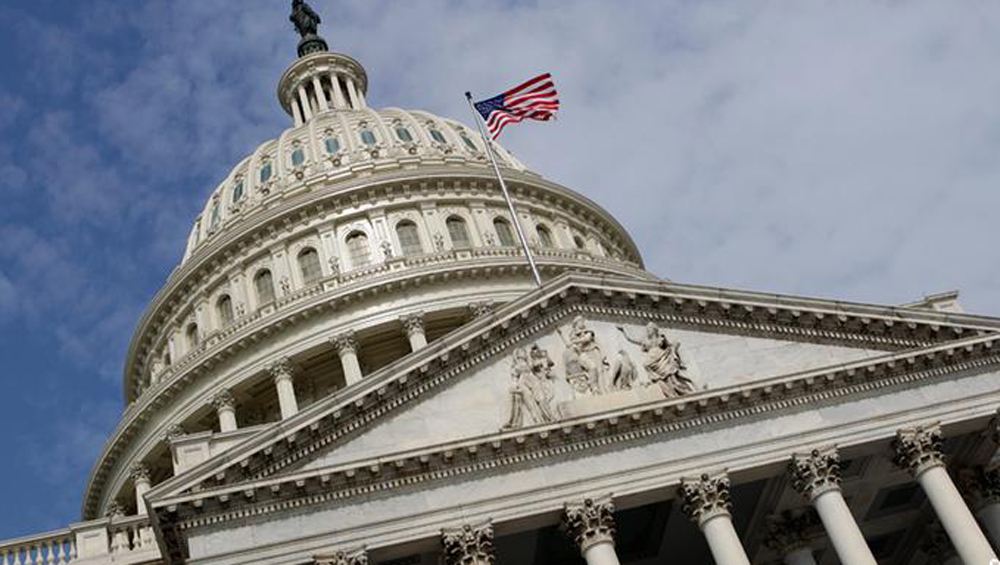
The Modern Television Act of 2019, introduced by Reps. Anna Eshoo (D-Calif.) and Steve Scalise (R-La.), addresses “perennial broadcast TV blackouts” caused by failed retrans negotiations. It contains familiar asks from the pair, including regulation of blackouts and providing for outside arbitration of negotiation impasses. Elements of the legislation could find their way into the legislation renewing the satellite distant-signal license.
Jessell | Let’s Do Away With Anti-Retrans Quinquennials

Every five years, satellite operators ask Congress to renew the law that gives them the right to import network affiliated broadcast signals into “white areas” where subscribers cannot get local affiliates off air. And every five years, the operators and their cable allies try to dirty the bill with provisions that will make it more difficult for broadcasters to negotiate for retransmisson consent fees. NAB’s job is clear: Convince Congress to kill the renewal legislation or pass a “clean” bill and make it permanent.

The American Television Alliance (ATVA) is using the Nextar/DirecTV retrans impasse to pitch Congress on renewing STELAR, the satellite license law that also includes requiring the FCC to enforce good faith negotiations in retrans disputes.
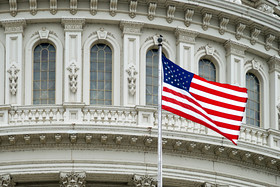
The House began its review of the STELAR compulsory copyright legislation Tuesday (June 4) with a lengthy, wide-ranging discussion of video issues from short markets to cord-cutting, with frequent references from Democrats about putting consumers first, and all peppered with “dad gummits” and stronger from Patricia Jo Boyers, president of BOYCOM Vision and vice chair of ACA Connects.
Broadcasters have more friends in high places, as in on The Hill, for their effort to sunset the satellite distant signal license, though that is itself a high hill to climb. “It is clear that the distant signal license has outlived its usefulness,” said Rep. Jared Golden in a letter to the leadership of the House Energy & Commerce and Judiciary Committees, which together will consider how and whether to renew the STELAR Act.
Local Choice Is Poor Choice (One More Time)

The MVPDs are pushing the Local Choice alternative to retransmission consent in the pending STELAR home satellite renewal legislation as it did in 2014. So, TVNewsCheck is posting broadcast attorney Jack Goodman’s 1,564-word argument against the proposal as it did in 2014.
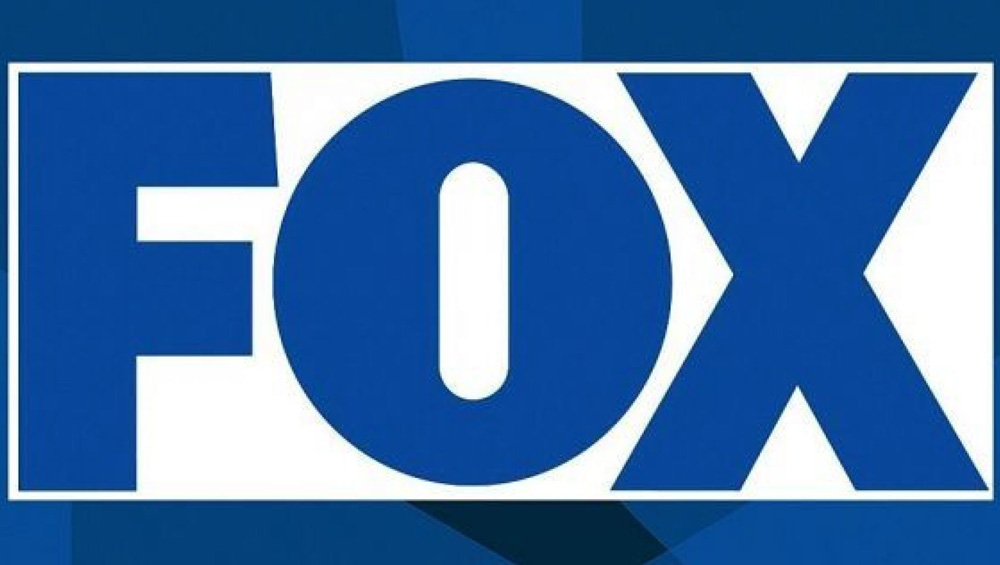
Danny O’Brien, who heads up Fox’s lobbying arm in D.C., has hit the ground running today, day one of the new Fox Corp. He has been ramping up the operation for the past four months, including for what will be a months-long battle with cable operators over renewal of the Satellite Television Extension and Localism Act Reauthorization (STELAR) act.
Jessell | The Ergen-Locast Link And Other Vital Matters

A smorgasbord of topics this week: (1) I don’t know it for a fact, but I know that it’s true that Charlie Ergen is the money behind Locast, the OTT service that is streaming local broadcast signals. (2) Retrans is also under attack from STELAR, the law that empowers satellite operators to import distant signals of network O&Os into areas where subscribers cannot receive local affiliates off air and is up for renewal. (3) With the emergence of the new Fox Corp. this week, a forecast finds that most of its broadcast fee growth will come from reverse comp. (4) A tip of the hat to FCC Comish Michael O’Rielly for taking on the Justice Department, which has been stepping on the FCC’s turf regarding local TV ownership rules.

The lawmakers from Colorado and Wyoming say the satellite operator’s offering of distant signals from New York and Los Angeles in place of local affiliates in 12 small markets is “unacceptable” and “must end.”
NAB Works To Kill Bill That Threatens Retrans
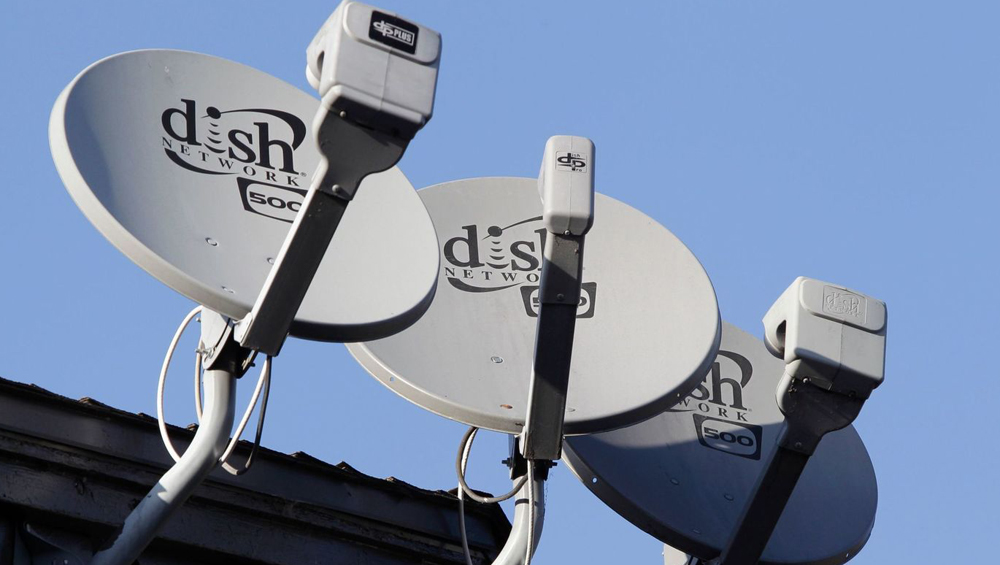
Broadcasters, led by the NAB, are urging lawmakers to let the Satellite Television Extension and Localism Act Reauthorization, or STELAR, expire on Dec. 31. STELAR is at the top of NAB’s legislative hit list in part because it has morphed into a tool that one company in particular — DirecTV — has been using to bypass stations and retransmission consent fees in up to a dozen markets. But of larger concern is that cable and satellite operators will use the legislation as a vehicle to weaken broadcasters’ retransmission consent rights.
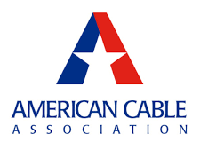
With the Satellite Television Extension and Localism Act Reauthorization (STELAR) set to expire at the end of the year, the American Cable Association’s Ross Lieberman was optimistic there could be some retransmission consent reform included in its renewal.
The National Association of Broadcasters is circulating a policy paper on Capitol Hill advocating for not renewing the STELAR law (Satellite Television Extension and Localism Act) when it expires at the end of 2019. STELAR reauthorizes the satellite compulsory distant signal license for five years. But last time around it was also a vehicle for some cable-friendly changes to retrans, including renewing the FCC’s enforcement of good faith retrans negotiations and extending the commission’s prohibition on coordinated retrans negotiations among noncommonly owned TV stations in a market from the top four to all stations.











































